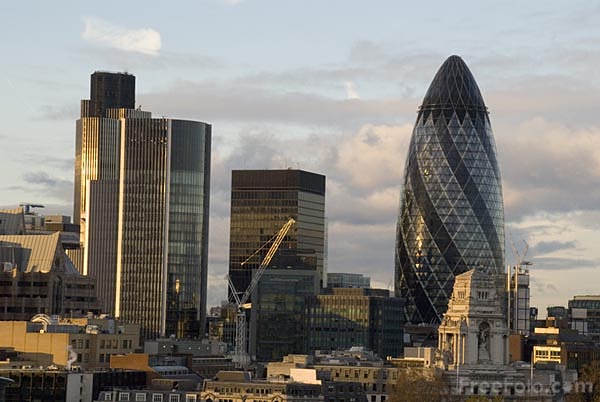
Towards a progressive capitalism
Labour’s challenge is to position the active state and responsible ownership as essential prerequisites of business success in an age of intensive global competition
Among the most insistent questions in British politics is what model of capitalism the UK needs to remain a wealthy and cohesive society. Since the financial crisis, public disquiet about avaricious global capitalism has been palpable. The growing unpopularity of business and large corporations risks undermining the moral compact in favour of open markets. The backlash against the private sector is hardly surprising: when financial institutions broke down following the collapse of Lehman Brothers in 2007, the costs fell not on wealthy financiers but society as a whole in an era when middle income households were suffering an unprecedented squeeze.
The irony is that both bankers and the left have faltered in the wake of the crash. Far from gaining politically from the ‘crisis of capitalism’, the Labour party has been left utterly disorientated. The New Labour model of political economy was shaken to its core, having pledged allegiance both to Thatcherite deregulated markets and an overly complacent social democratic model of ‘tax and spend’. Despite delivering forty four consecutive quarters of nominal GDP growth, Labour’s embrace of 1980s neo-liberalism guaranteed neither economic stability nor the sound productive base necessary to sustain long-term social investment.
The Blair/Brown economic legacy was one of under-investment in key infrastructure, notably transport and energy; a continuing decline in manufacturing contributing to a structural balance of payments deficit; an accelerating regional economic divide; and a speculative property and construction boom financing public and private consumption through highly leveraged government and household debt. Not everything about the pre-2008 model was proved wrong: far from it. Research, innovation and high-tech start-ups flourished; labour market flexibility generally kept unemployment down; Britain’s cities underwent a renaissance; the United Kingdom remained a successful base for global companies. In the meantime, financial services – including the City of London – have bounced back from the crisis as the leading-edge professional services centre in the EU.










